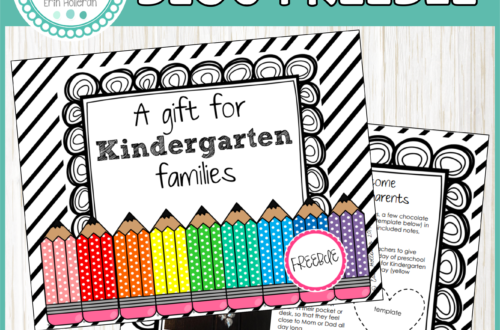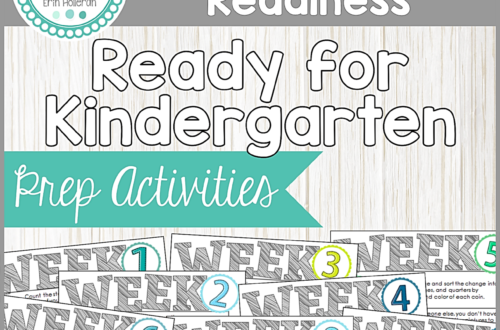Kindergarten Readiness
Spring is coming, and with it, the flurry of parents signing up for Kindergarten screenings. As a Preschool teacher, this means that part of my job is to encourage that them their children are ready for kindergarten, or in the cases where their children may not be ready, give them the tools to work towards readiness, or make a decision to wait another year.
The first thing that I take into consideration when making a recommendation is social skills – here are some things I think about:
- Can the child complete self-help tasks (hanging up his or her coat, washing hands, etc.)?
- Does the child interact appropriately with others (exhibits cooperative behaviors)?
- Can the child follow simple directions (listen to them, understand them, and carry out the related actions)?
- Is the child able to regulate his or her own emotions in order to communicate them appropriately?
- Is the child comfortable asking for help from familiar adults?
These skills all speak to maturity, whether children are able to handle their behaviors and complete independent tasks. Kindergarten classrooms often have more students and fewer adults than Preschool classrooms, Kindergarten also includes logistics such as riding the bus and managing the cafeteria independently. These factors all require social skills. This doesn’t mean that a child should not advance to Kindergarten if he or she has not developed all of these skills, but it should factor into the decision.
There are a number of things that parents can do to help their children develop these skills, here are some activities that I encourage parents to try;
- Give children responsibilities at home, they can help unload the dishwasher, fold and put away laundry, dust, and clean up after themselves.
- Children can begin to take responsibility for themselves by getting dressed for bed on their own, helping to pack their own lunch, and picking out their clothes for school the next day.
- Children can also practice following directions and being helpful at the same time, have them help you at the grocery store using directives such as “Can you help me find the apple sauce? We need the one with the green label”. When children feel like they are being helpful, they will want to listen to your directions.
- Give children opportunities to manage their own emotions. When children get upset let them work things out on their own.
- Go over basic safety practices with children, explain who they can ask for help if they aren’t with their parents, discuss stranger danger, and help them learn their phone number.
- Talk about kindergarten with the child. If parents have made certain decisions (before and after school care, full day or half day Kindergarten, which school the child will attend) then share these with the child. The more that families talk about Kindergarten (and the specifics), the more prepared that students will be for the changes.
I also try my best to reassure parents – choosing to send your child to Kindergarten or wait another year should be a personal choice based on each child’s development and family circumstances, but millions of families make this choice each year, so they are not alone. This is a sensitive issue, but each outcome can be positive.
In addition to social skills, academic skills do play a role in making this particular choice. Check back later this week for some suggestions on making sure that children have the academic skills they need for Kindergarten.


